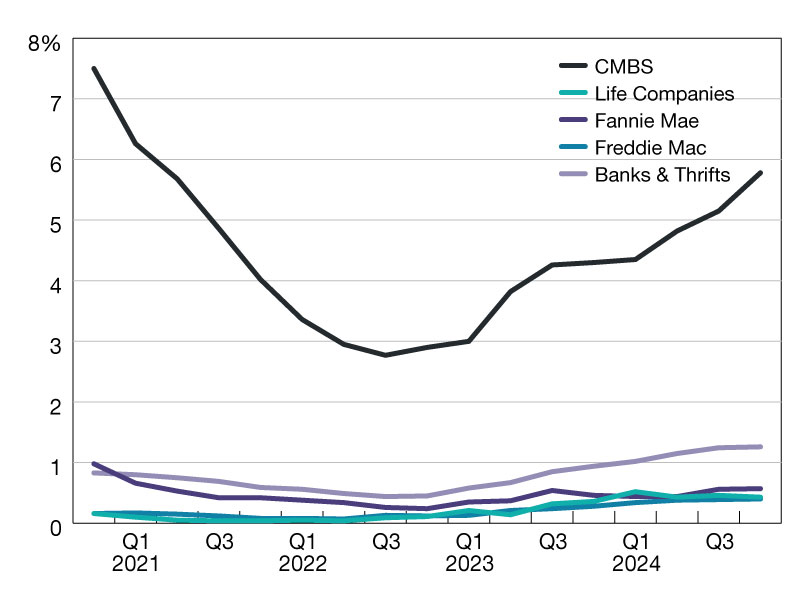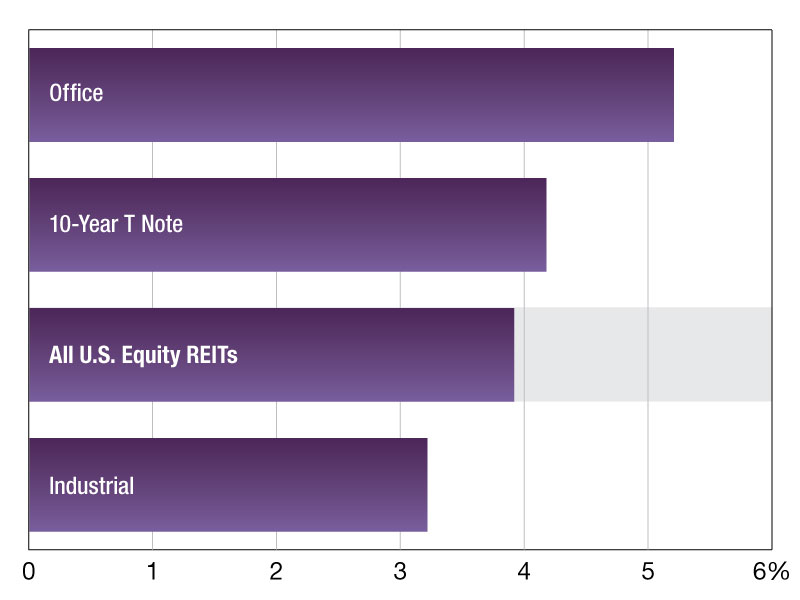EXCLUSIVE: JLL Study Finds Data-Centric Corporate RE Leaders to Double in Three Years
Change is afoot. Corporate real estate executives are destined to rely more heavily on data and analytics, according to results from a study commissioned by commercial real estate services firm JLL and conducted by Forrester Consulting.
By Barbra Murray, Contributing Editor
Change is afoot. Corporate real estate executives are destined to rely more heavily on data and analytics, according to results from a study commissioned by commercial real estate services firm JLL and conducted by Forrester Consulting. The study, “Mind the data gap: aspiration vs. reality in corporate real estate,” found that while 28 percent of corporate real estate leaders are presently data-centric—relying on data and analysis in every facet of their work–in three years’ time, the figure will double to 56 percent.
“As companies become data-driven in many areas of their operations, corporate real estate should be part of the picture,” David Kollmorgen, International Director at JLL and head of JLL’s Business Intelligence group, told Commercial Property Executive. “JLL has, for some time, been creating solutions to help our corporate real estate clients gain advantage from data-driven insights. We thought that a closer look at how the corporate real estate industry is gathering, standardizing and analyzing its data would help move the sector forward.”
Forrester surveyed a total of 392 corporate real estate executives operating in 10 industries and spanning 11 countries. Per the results, 75 percent of firms view corporate real estate information as central to their overall data and analytics platform–and for good reason. In industries other than real estate, big data can have a major impact on the broader business. There is value in corporate real estate teams taking their data and analytics activates to a higher level. According to JLL, the process can be as simple as 1, 2, 3.
JLL suggests that, first off, corporate real estate teams should partner with other departments on the management of key business resources. Per respondents to the survey, only 9 percent of commercial real estate team leaders participate in a cross-departmental interchanging of information.
JLL also recommends that teams build or buy deeper in-house data and analytics capabilities. A whopping 58 percent of respondents noted that they were uncertain if they have the relevant internal talent to further their data and analytics goals. And last but not least on the list of three steps to becoming a leader in data and analytics is supplier relationships; they should be reviewed to confirm that the service providers can cover the work that is not being handled by internal talent.
“While we did not expect to find resistance to the idea, we were impressed by the extent to which corporate real estate is embracing the data evolution,” Kollmorgen concluded. “Corporate real estate professionals are eager to become data-centric and companies are investing more in corporate real estate data technologies.”








You must be logged in to post a comment.